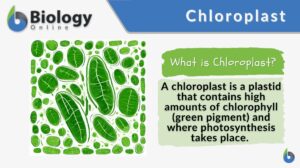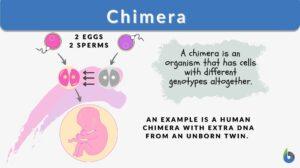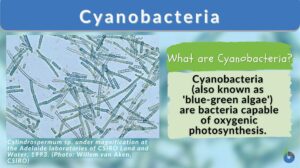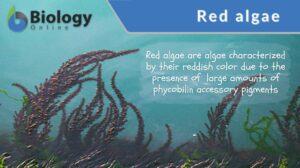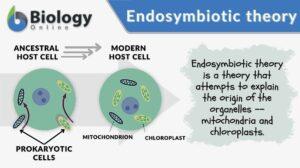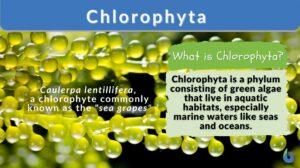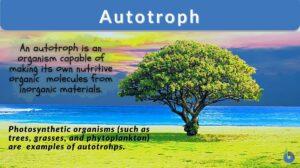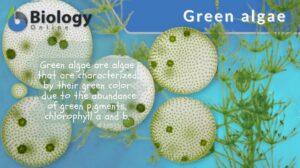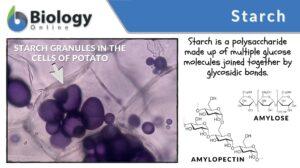Search Results for: plastid
Proplastid
Definition noun, plural: proplastids A small, colourless organelle that gives rise to a plastid (e.g. chloroplast,... Read More
Leucoplast
Definition noun, plural: leucoplasts A plastid lacking photosynthetic pigments and involved in various biosynthetic... Read More
Chloroplast DNA
Definition noun plural: chloroplast DNAs DNA in the chloroplast that carries the code for proteins and RNAs essential to... Read More
Proteinoplast
Definition noun, plural: proteinoplasts (botany) A leucoplast that stores and modifies protein Supplement Plastids are... Read More
Chloroplast
Chloroplast Definition What is chloroplast? In biology, a chloroplast refers to the organelle found within the cell of... Read More
Charophyta
Charophyta is a taxonomic group (a phylum) comprised of green algae that live predominantly in freshwater habitats. Members... Read More
Cryptomonad
Definition noun, plural: cryptomonads Any of the species belonging to Phylum Cryptophyta, and characterized by being aquatic... Read More
Gerontoplast
Definition noun, plural: gerontoplasts A plastid that forms from chloroplast during senescence Supplement Plastids are... Read More
Chlorenchyma
Definition noun A parenchyma cell with chloroplasts, and is therefore photosynthetic Supplement Vascular plants are... Read More
Cyanobacteria
Cyanobacteria Definition Cyanobacteria is a group of photosynthetic bacteria widely distributed in various aquatic habitats... Read More
Sieve-tube element
Definition noun, plural: sieve tube elements A specialized type of sclerenchyma cell that forms a sieve tube of... Read More
Glaucophyte
Definition noun, plural: glaucophytes Any of the freshwater microscopic algae of the Kingdom... Read More
Chromoplast
Definition noun, plural: chromoplasts Any of the coloured plastids associated with pigment synthesis and... Read More
Endosymbiotic theory
A eukaryotic cell is distinct from a prokaryotic cell by the presence of membrane-bound cellular structures called... Read More
Chlorophyta
Chlorophyta Definition Chlorophyta is a taxonomic group (a phylum) comprised of green algae that live in marine habitats.... Read More
Elaioplast
Definition noun, plural: elaioplasts (botany) A leucoplast that stores oil Supplement Plastids are organelles involved in... Read More
Amyloplast
Definition noun, plural: amyloplasts (botany) A type of leucoplast found in the cytoplasm of a plant cell, and serves as... Read More
Green algae
Green Algae Definition Green algae (singular: green alga) are photosynthetic algae that are characterized by having... Read More
Eukaryotic cells
Eukaryotic Cells Definition What is a eukaryotic cell? Eukaryotic cells refer to the cells of (or derived from) eukaryotes,... Read More

